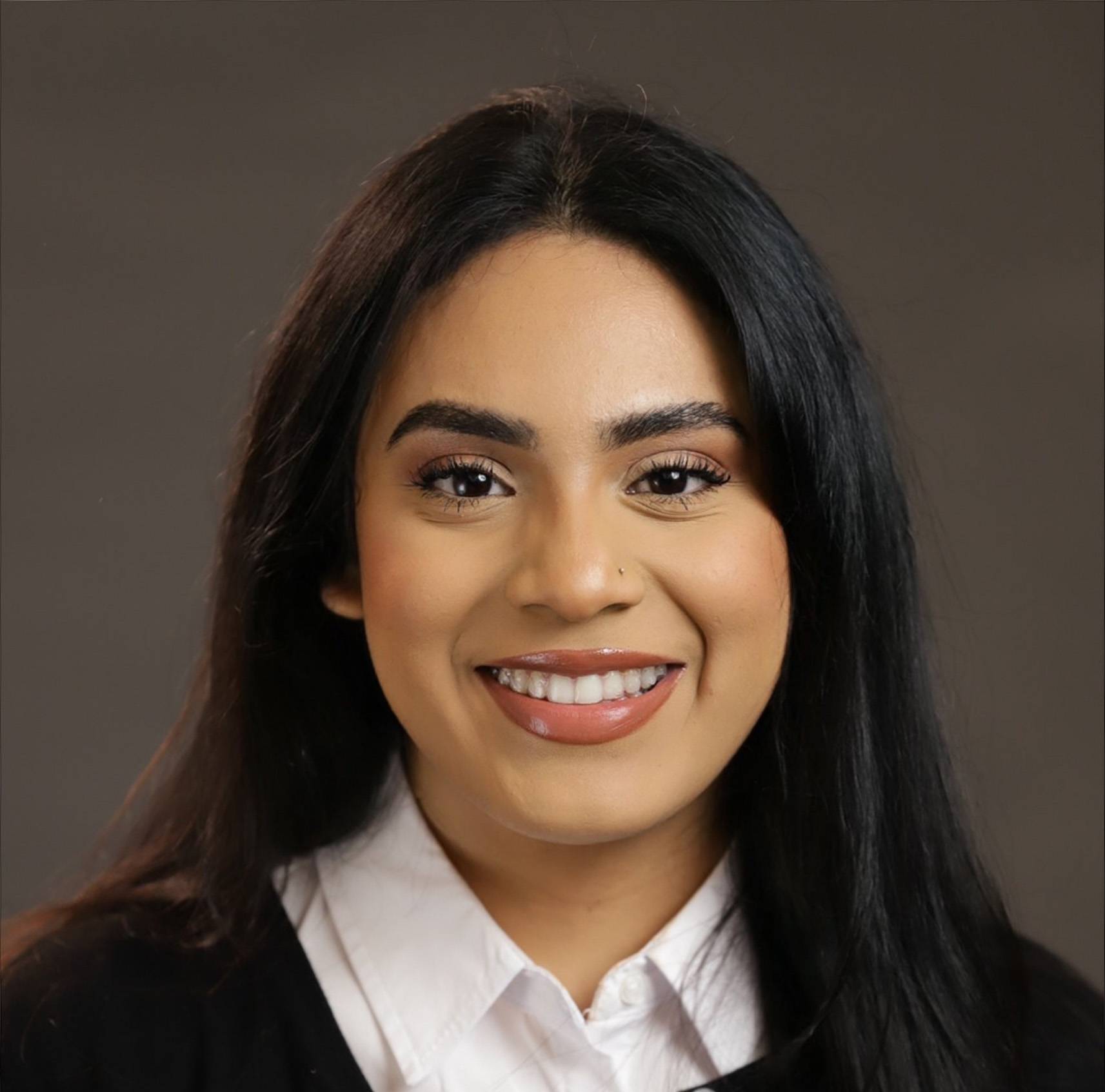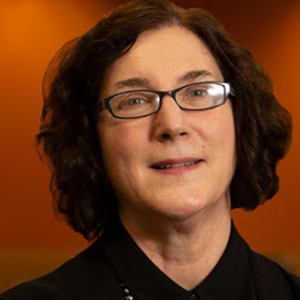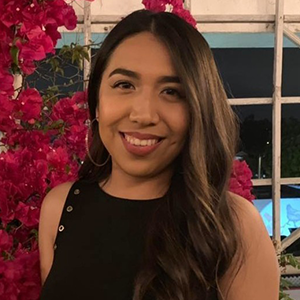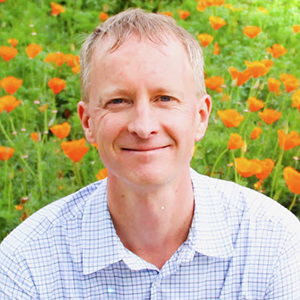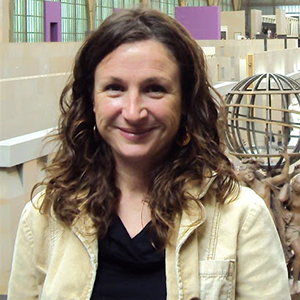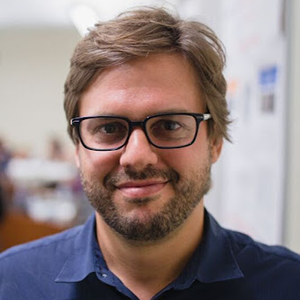Fall 2023
VOLUME 6
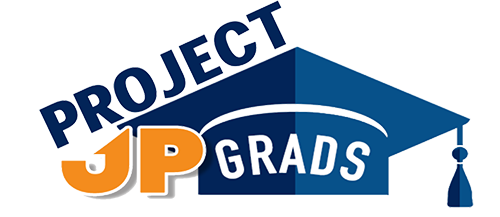
Newsletter
October 2023
META Summer Bridge Program 2023
During the summer, the active engagement and support of the faculty proved to be of immense value, as it offered vital guidance and significantly enriched the META experience for all students who were part of the program. Presented below is the comprehensive list of participants.
This past July and August – and for the third consecutive year - our Masters Early Transition and Access (META) summer bridge program gathered newly enrolled graduate students of color over five consecutive Saturdays for college cohort meetings on academic research and writing conventions as well as plenary sessions and small groupwork on graduate soft-skills.
More than an info-session or meet and greet, META has been a key component of Project upGRADS’s persistence strategy by bringing to light the hidden curriculum of graduate school and reaffirm new students’ sense of belonging and worth.
This matters especially for new graduate students of color who lack peers or family in their circles to whom they can turn for knowledge about graduate life. Black and Hispanic students frequently suffer from imposter syndrome and are more likely to see themselves as bound to “be discovered” and fail rather than survive and thrive.
Laura Ulloa (M.S. Counseling) shares their META experience.
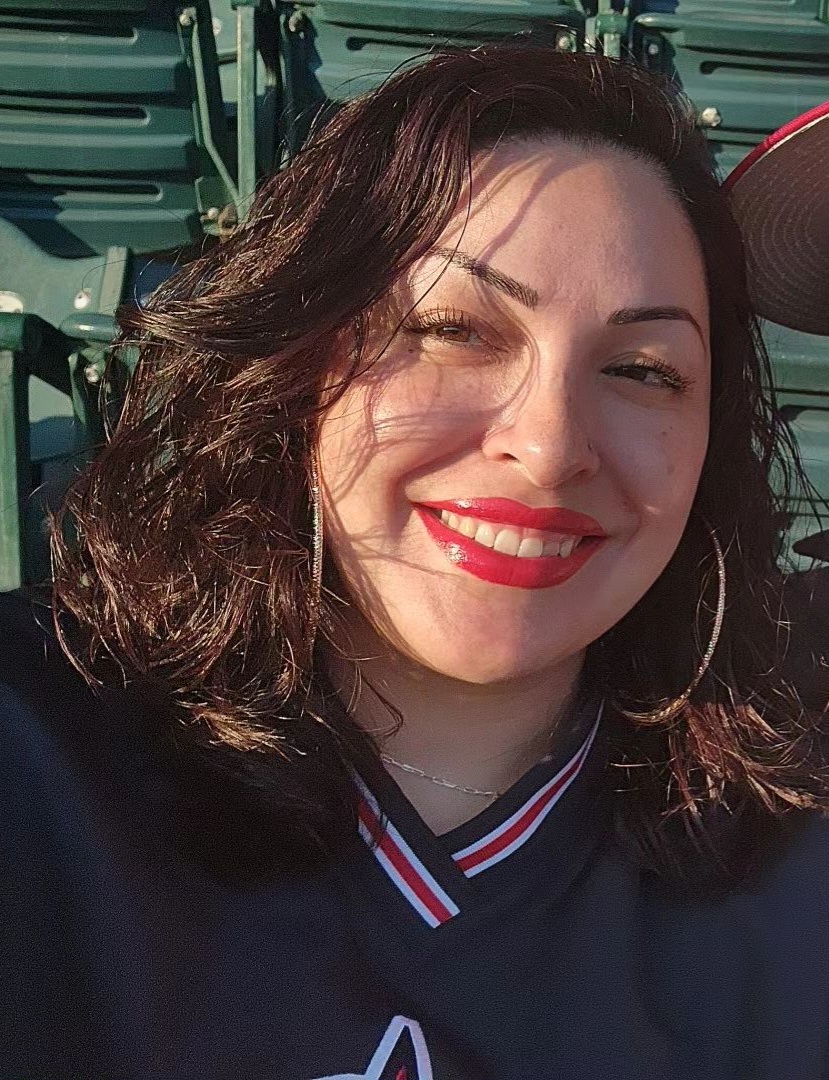 The teaching of how to write scientifically and how to approach your research project is what influenced me to apply to the META program. Also, the advice/pointers that would be shared on how to navigate through grad school when you have a family and have to work full time.
The teaching of how to write scientifically and how to approach your research project is what influenced me to apply to the META program. Also, the advice/pointers that would be shared on how to navigate through grad school when you have a family and have to work full time.
My experience partaking in META was great! I can proudly say that I am no longer nervous to write my thesis - I am now really excited to start. What I found most valuable from being in META were the workshops for scientific writing and research.
The instructors were so knowledgeable and taught us how to read and write a scientific paper - what language to use/look out for, how to transition your sentences and how to be clear and concise. The instructors also taught us how to begin your research project - making sure to know the difference between a hypothesis, a research question, and a theory, how to test a hypothesis, what research methods should be used based on your specific research and what our research project proposal should consist of.
Linh Quoc Kim (M.S. Analytical Chemistry) shares their META experience.
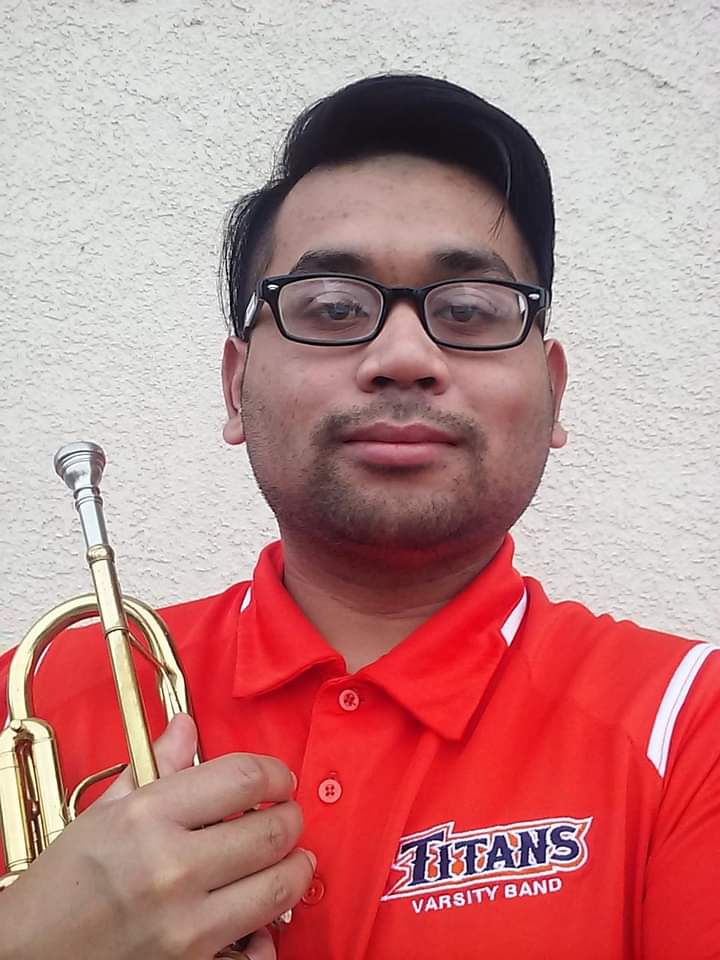 I applied for the META summer bridge program because it provided me the opportunity to know what expectations that I need to aim for to be successful in graduate school. Plus, I wanted to expand my network with fellow students and faculty members, most of whom were not related to my major.
I applied for the META summer bridge program because it provided me the opportunity to know what expectations that I need to aim for to be successful in graduate school. Plus, I wanted to expand my network with fellow students and faculty members, most of whom were not related to my major.
META's writing and research workshops were highly informative to me. For example, I learned about EndNote (reference management software) which is something that I know will be beneficial to me when I do my research and thesis. I also got to learn how to do proper literature reviews and write about them in a way that's understandable to scientists and the general public.
What I find most valuable being in META is recognizing my sense of belonging in graduate school. When I first applied to the master's program in chemistry, I was a little hesitant to do so since I don't know anyone in my family who already achieved this academic milestone. However, I was fortunate to have met such amazing faculty members and other graduate students who shared their personal experiences with me and everyone. Since then, I now have a more positive outlook about graduate school and the future all thanks to META!
Even before they begin their classes, META Scholars learn the crucial skills that keep them from succumbing to isolation, alienation, and self-doubt. One participant wrote about what META taught them: “I think one of the skills - being able to advocate for yourself - prepared me to go into this year, being able to reach out to others and ask more questions and get what I need.”
The college cohort sessions in META focused on research and writing - not in the form of remedial instruction, but as opportunities to reacquaint with what’s familiar, reduce anxiety and invest in one’s own ideas. “The first professor,” wrote this META Scholar, “went over [the style and conventions of] APA a lot which always caused a lot of anxiety in me. We did spend some time on that. And now I don't feel as anxious about APA.” For this student, validation and the formation of peer-relationships went hand in hand when their cohort began hashing out research ideas: “I like the fact that [META faculty] made me start writing out my future research question …then I had my peers helping me. It was very useful."
The success of META is not just visible in students’ comments, it also improves their measurable retention. Just take a look at this comparison of the Fall 2022 cohort with a non-META comparative group:
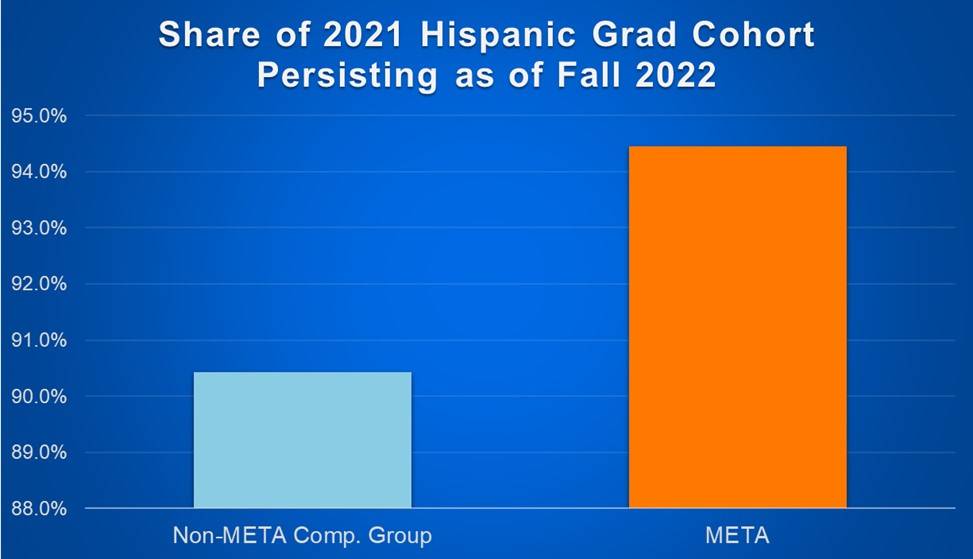
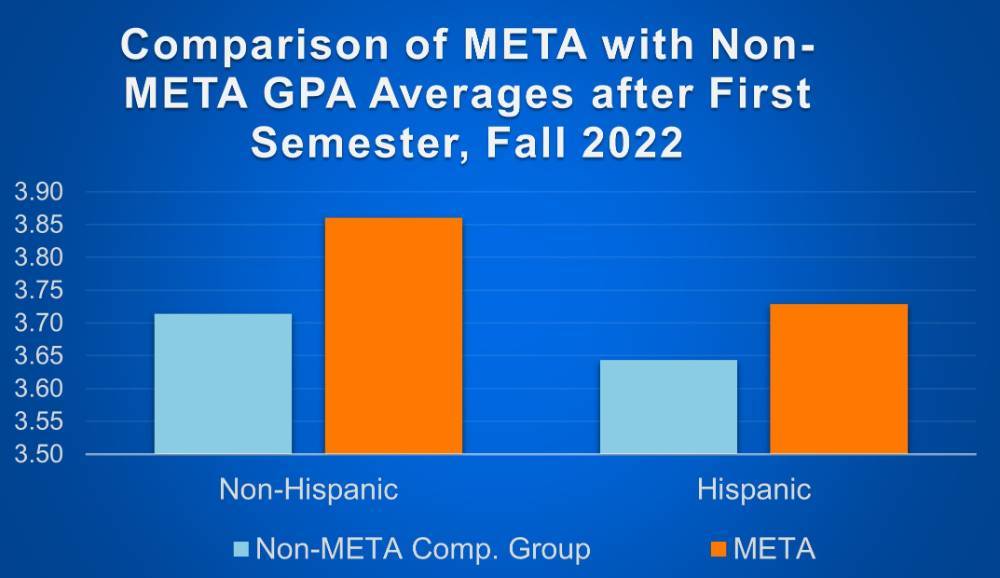
META Scholars 2023
Here are the dedicated students who participated in META:
College of Engineering and Computer Science:
- Isis Gonzales
- Cesar Bello
- Beni Frias
- Anthony Graca
- Benjamin Horsfall
- Breanna Lopez
- Patrick Lopez
- Antonio Magallon-Medina
- Anthony Massis
- Veronia Mikhael
College of Health and Human Development
- Brittney Alicea
- Tyler Buss
- Clarissa Castro
- Brianna Diaz
- Yadira Garcia
- Ivy Gonzalez
- Hilica Guerra
- Mara Hernandez
- Ariana Lopez
- Leticia Manzano
- Erika Marquez
- Laura Marr
- Zitali Mendez-Quintana
- Andy Morales
- Elizabeth Orozco-Mendez
- Suzen Pando
- Griselda Perez
- Jolynn Nicole-Quintana
- Diego Ramirez
- Jennifer Ramirez-Guardian
- Christa Rodriguez
- Leah Rodriguez
- Alexander Rubio
- Jasmine Tapia
- Julianna Velazquez
- Jasmine Viramontes
College of Humanitites and Social Sciences
- Daniel Alvarez
- Nathanial Carbajal
- Karmenita Cox
- Moriah Esquivel-Narang
- Priscilla Garcia
- Daniela Gonzalez
- Wendy Heredia
- Jesus Hoil
- Ketzalt Marquez
- Fernando Perez
- Marbella Valeriano-Garcia
College of Natural Sciences and Mathematics
- Merna Mahmound
- Ashley Escamilla
- Gissel Guerrero
- Linh Kim
- Irvin Matamoros
- Natalia Okamura
- Michael Peña
- Jose Perez-Vasquez
- Irin Ploypray
- Gustavo Salgado
- Laura Ulloa
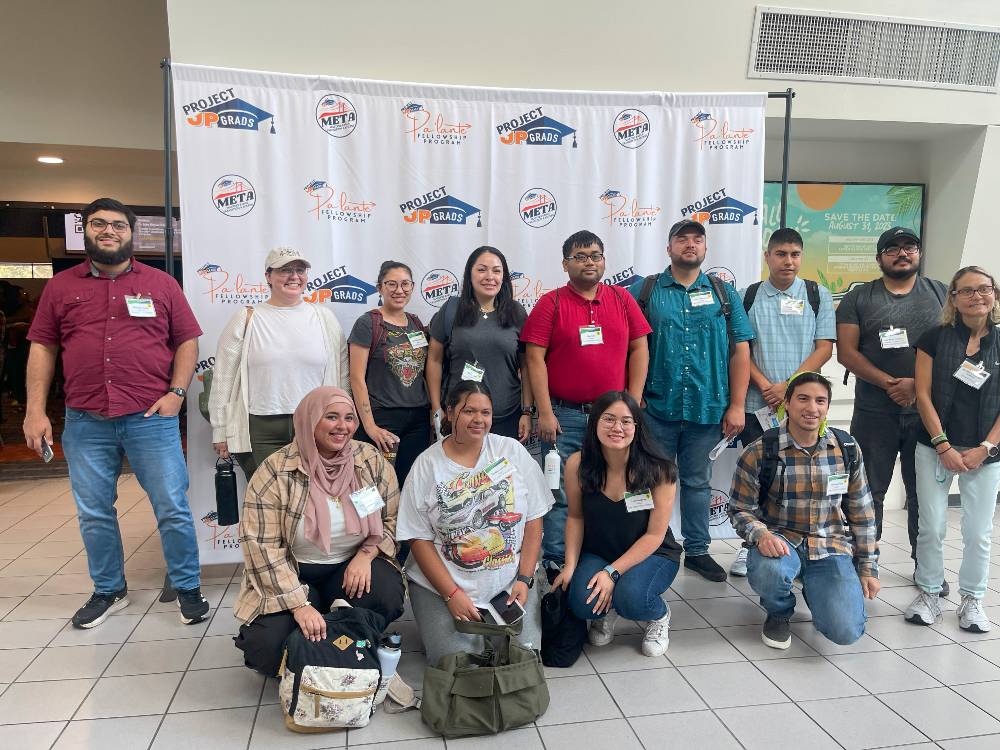

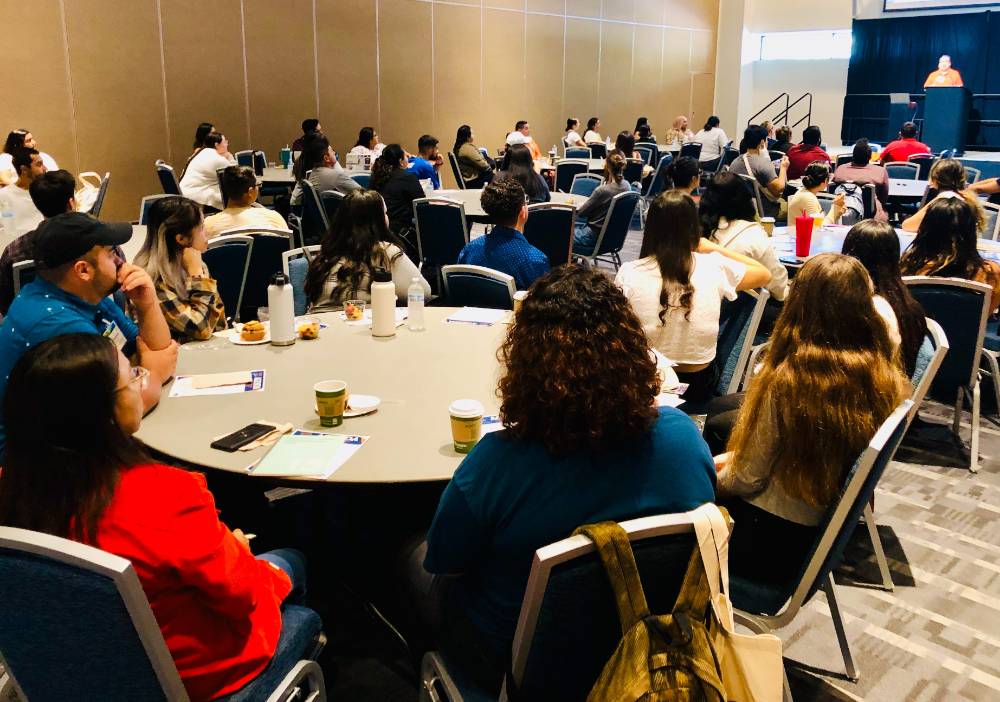
META Partners 2023
Provost Amir Dabirian was the first to meet and welcome our META Scholars personally. Over the course of the program, faculty from six different colleges engaged with and supported the students, offering crucial guidance and substantially enhancing the META experience for all program participants. Here is the list of META faculty.
- Prof. Marlene Avila
- Dr. Sapna Chopra
- Dr. Koren Fisher
- Dr. Alexandro Gradilla
- Dr. Sarah Grant
- Dr. Julián Jefferies
- Dr. Veronica Jimenez Ortiz
- Dr. Erica Lizano
- Dr. Salvador Mayoral
- Dr. Huda Munjy
- Dr. Maria Soledad Ramirez
- Dr. Atul Teckchandani
In addition to CSUF faculty, these alum joined our META meetings to talk about imposter syndrome, graduate student habits, and other aspects of grad school’s “hidden curriculum.”
- Anabell Espinoza (M.S. Biology)
- Alondra Espinoza (M.A. Sociology)
- Maria Linares (M.A. Public Administration and former Member of the CSUF Board of Trustees)
- Melina Wulin (M.A. Gerontology)
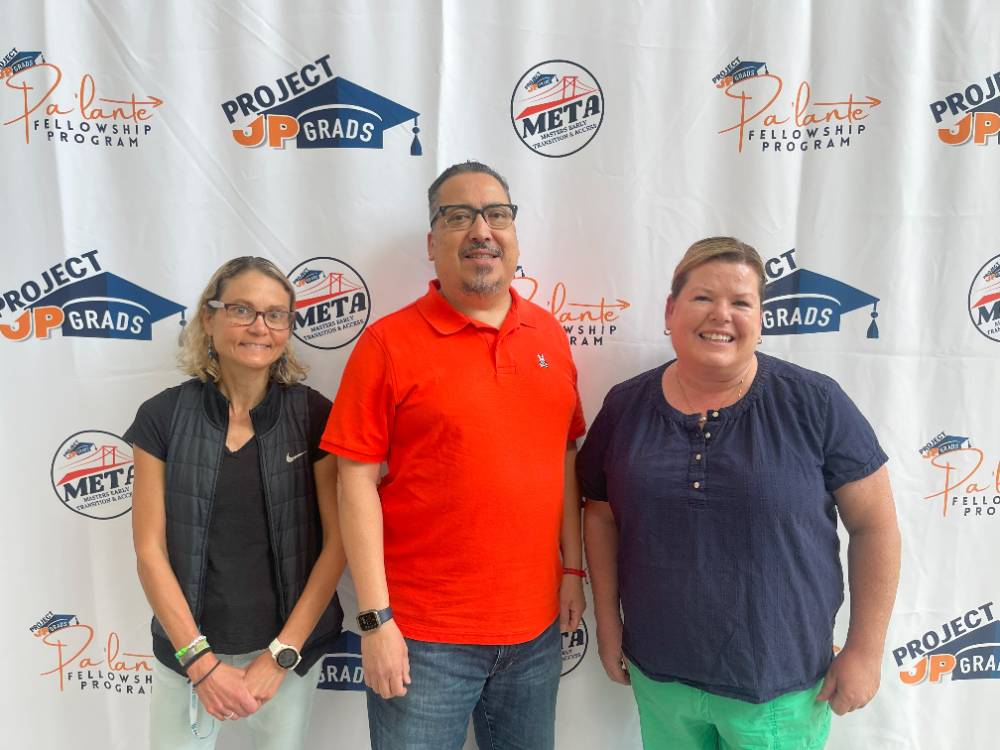
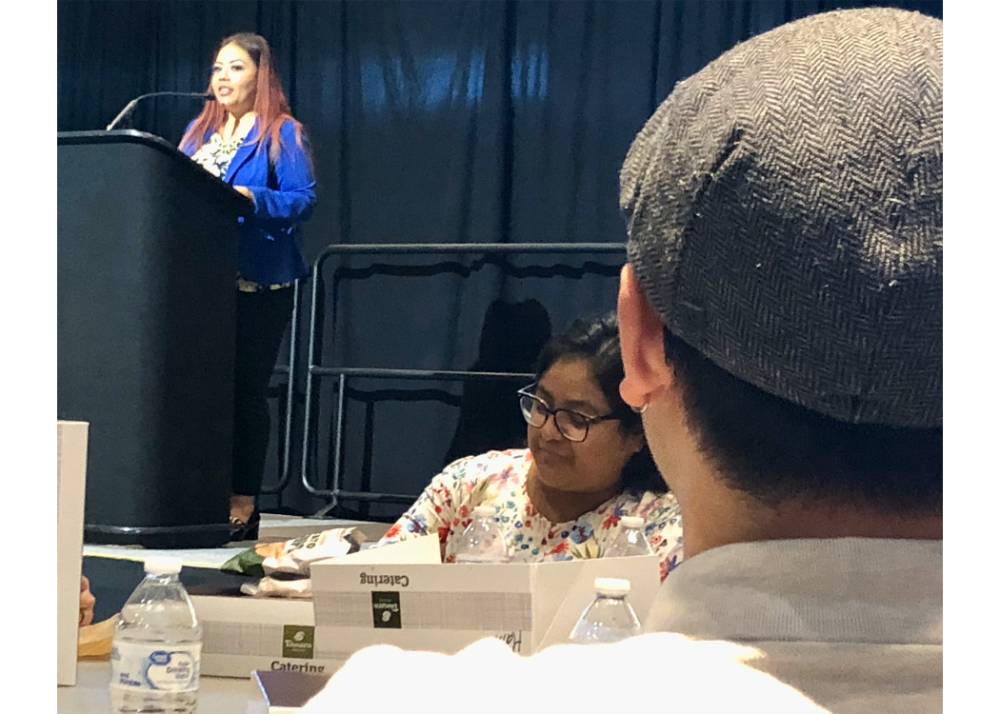
Last, but not least, our META Scholars got to meet some of the dedicated staff that provide so many important resources to graduate students, such as Career Center Liaison Claudia Bobadilla, Assistant Vice-President for Graduate Studies Dr. Elaine Frey, Graduate Success Center Coordinator Eloisa Amador Romero, as well as two of our Librarians Dr. Robert Tomaszweski and Joy Lambert.
Project upGRADS Celebrated Graduate Students Front and Center During Latinx Heritage Month
Graduate School can be an unfamiliar place. Aside from academic work, LatinX Graduate Students need to navigate an environment that was not built for them, understand unwritten rules, and practice skills not familiar from work or college. It’s almost as if being a graduate student should come with its own syllabus.
For this reason, Project upGRADS hosted a special event in recognition of LatinX Heritage Month titled “The Hidden Curriculum: What No One Tells You About Life as a LatinX Graduate Student.”
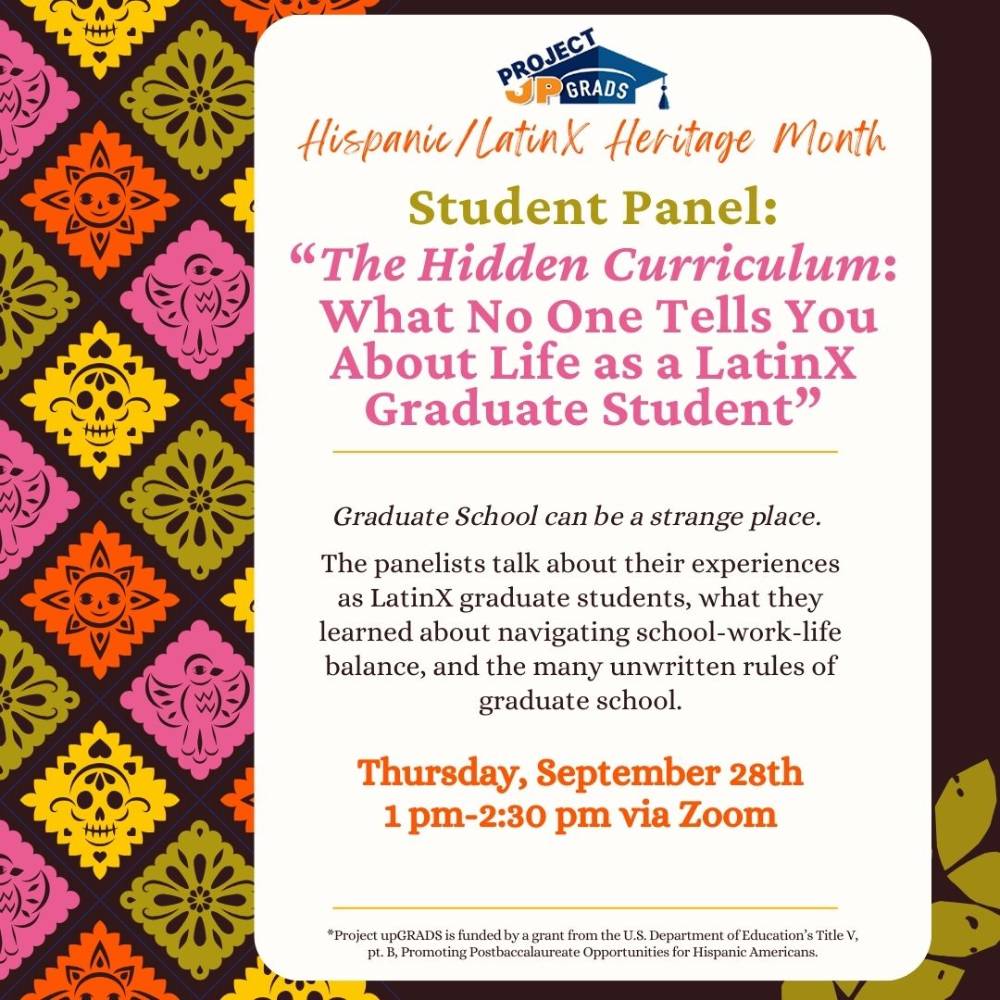
The graduate students on this panel were Claudia Bobadilla, Marbella Valeriano Garcia, Jesus Hoil, Irino Ngo, and Fernando Perez – all of them alum of the META (Master’s Early Transition & Access) Summer Bridge Program. The panelists shared some of the lessons they learned and what they wanted their peers to know before they embark on their own graduate school careers. Over sixty students registered for this zoom event.
At the same time, LatinX grad students have always known that they bring a lot to their programs – and many of their CSU faculty and mentors have learned much from them as a result. Faculty shared some of the things they have come to understand through their LatinX students in our second LatinX Heritage month event titled “The Things I Learned from our LatinX Students.” Panelists Guadalupe Diaz-Lara, Matt Englar-Carlson, Alexandro Gradilla, Prof. Rosario Ordonez-Jasis, and Maria Matza shared a treasure trove of experiences, memories, and insights that highlighted the many ways in which our Black and Hispanic students make us better teachers, researchers, mentors, advisors, and administrators. Attending faculty agreed that these kinds of conversations can help other faculty understand LatinX graduate student experiences better.
Meet the Project upGRADS Staff
We are pleased to introduce the newest members of the Project upGRADS team! We are excited about the fresh perspectives and innovative ideas that our Program Director and Advising Coordinator have begun to contribute. Below, they share their thoughts on joining the team.
Dr. Volker Janssen, Project Director
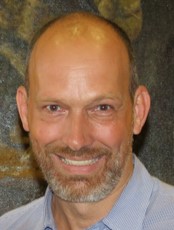
Hello Titan Grads! My name is Volker Janssen, and I am thrilled to serve as Project upGRADS’ new project director. I started at Cal State Fullerton as history professor in 2005, and fell in love with our graduate program early on. I always thought that the biggest reward for a university professor is to work with graduate students. They are the cutting edges of their disciplines. In my time at CSUF I have gotten to meet many terrific graduate students and have learned a lot from them.
As you might be able to tell by my name, I am not originally from here. I grew up in Germany during the Cold War. I was not eager to go to university after high-school and spent five years working different jobs, from stand-up comedy to project administration for an engineering company in London and Belize. My first dream job was to be a journalist, and I worked for a newspaper in New York City and for public radio in Germany for a few years before a fellowship brought me to UC San Diego for graduate school. I remember how confusing and foreign grad school was – my parents did not go to college – and I always try to remember this when I advise graduate students: Academia is a foreign place, and you can easily get lost without a “local guide.”
My chief mission as project director is to help make graduate school at CSUF more accessible, predictable, rewarding and successful for Hispanic students. I love this work, because I believe sincerely that we need the insights, creativity, and potential of Hispanic graduate students just as much as they can benefit from CSUF. I often think back to something I learned from an oral history project with a group of aerospace engineers about 10 years ago. These were rocket scientists - literally, but they all agreed: Rocket science is not rocket science. Scientific and intellectual triumphs don’t come from unique individuals, but from good teams. And that is true for graduate work, too: Everyone one of our students has greatness in them, and they can realize it, if they have support, organizational backup, steady commitment, and a team of supportive peers and faculty.
Greetings, I'm Angelly Barroso, and I'm excited to be a part of this educational community in my role as the Advising Coordinator for Project upGRADS. Having been a Graduate Assistant for Project upGRADS when I embarked on my MPH program, I understand the journey well.
In a wonderful turn of events, I also had the opportunity to be a part of the Pa'lante Fellowship Program as a student. Now, being part of the back-end of the program, it's a truly fulfilling full-circle moment. This unique experience allows me to deeply connect with students, understanding their needs, goals, and aspirations on a personal level, ensuring that our guidance is tailored to their individual journeys.
Our program is centered on fostering student success through comprehensive academic support, personalized mentoring, and a collaborative, exploratory environment. I offer tailored guidance to potential graduate students based on their goals and current status.
To all students embarking on your academic journey this year, stay curious and determined. Embrace challenges as opportunities to learn and grow. Your unique journey shapes your personal and academic growth. Seize every chance to collaborate, innovate, and make lasting memories.
I am honored to be part of your educational journey and look forward to an exciting year of growth, exploration, and achievement. You're welcome to drop by for a visit at my office, in Langsdorf Hall 216A, in the Graduate Studies Center. Feel free to stop by anytime!
Angelly Barroso, Advising Coordinator
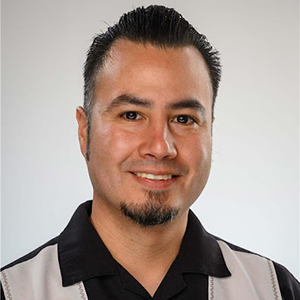
Dr. Manuel Galaviz-Ceballos
Faculty Director, College of Humanities & Social Sciences
mgalaviz-ceballos@fullerton.ed
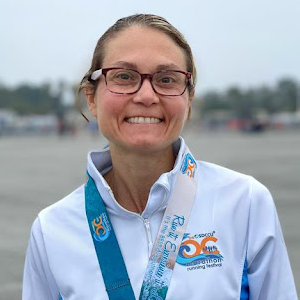
Dr. María Soledad Ramírez
Faculty Director, College of Natural Sciences & Mathematics
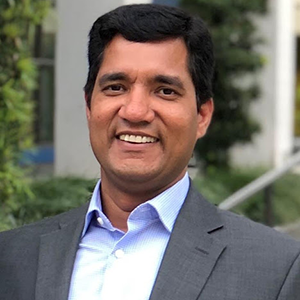
Dr. Phoolendra Mishra
Faculty Director, College of Engineering & Computer Science


